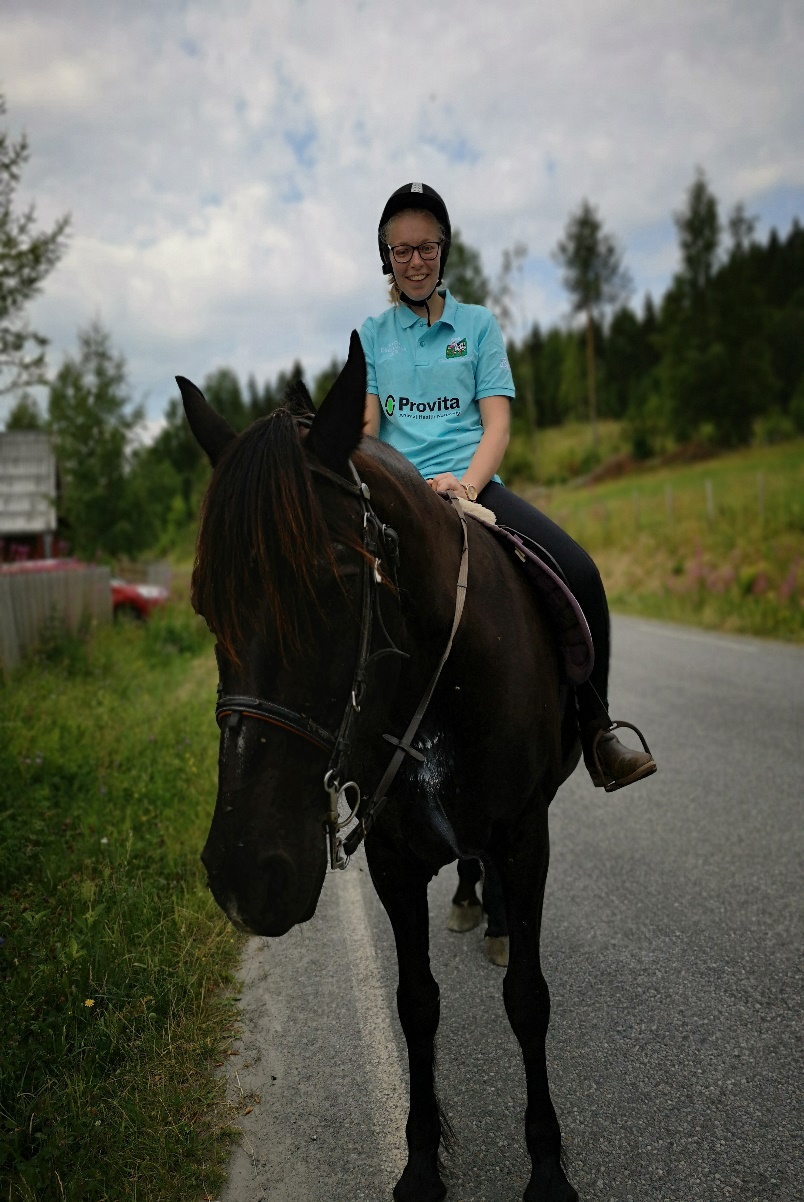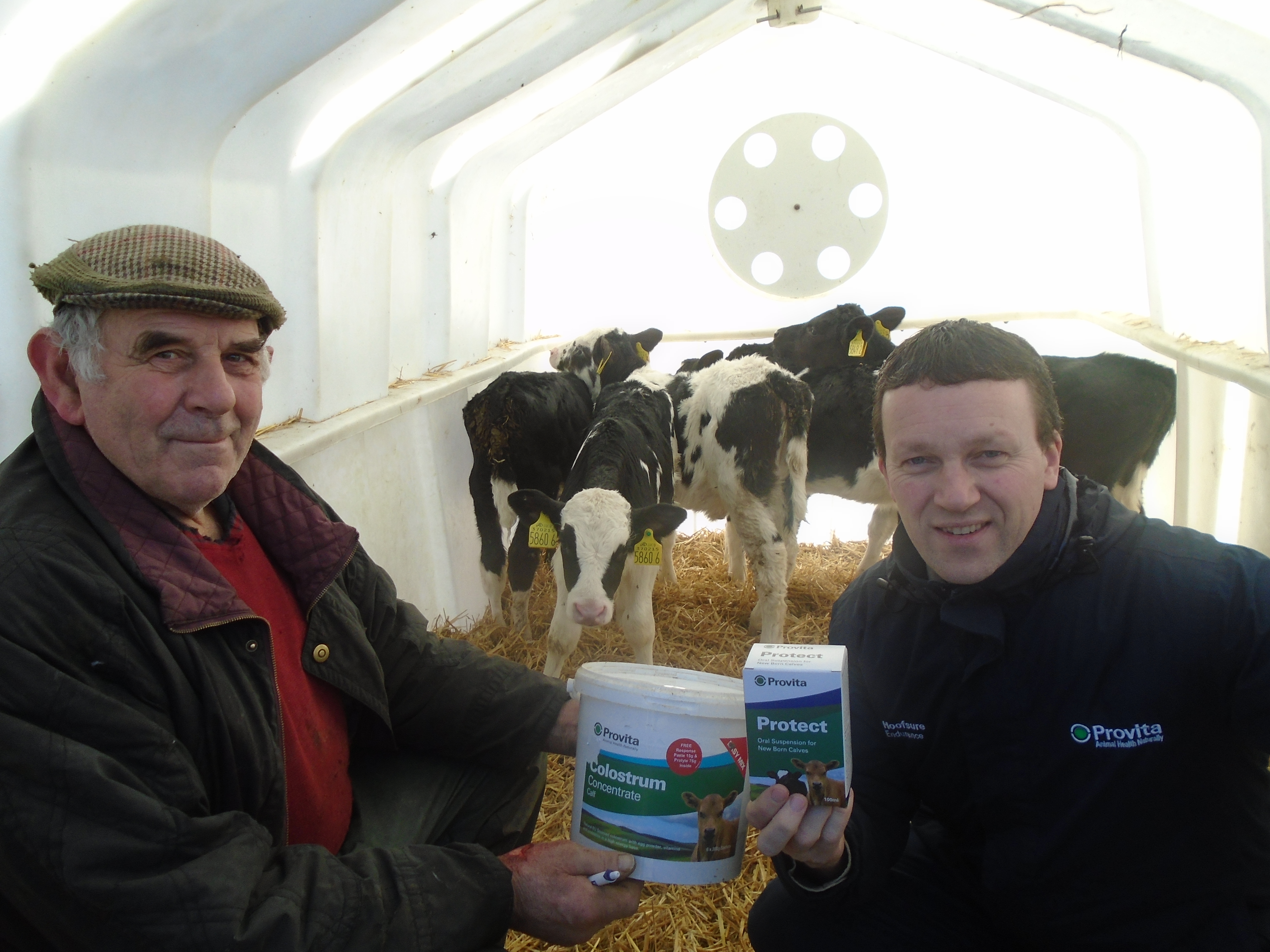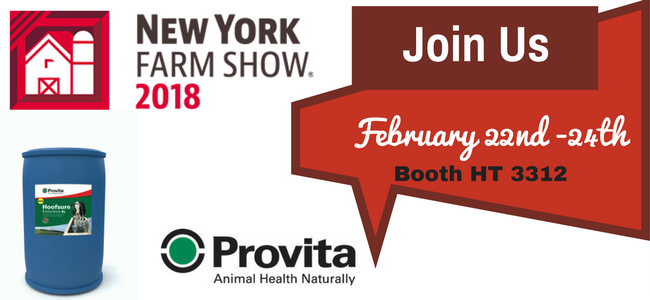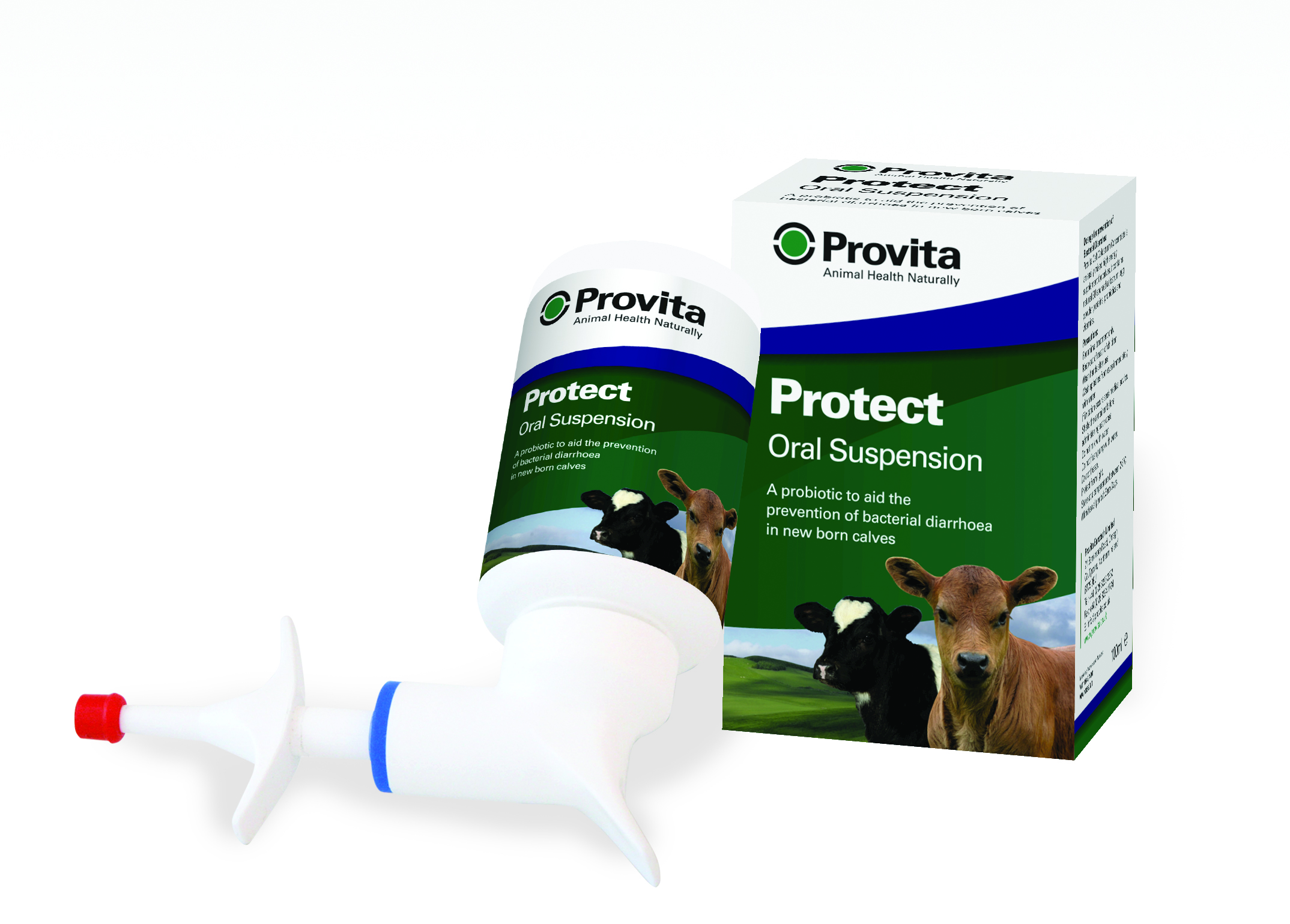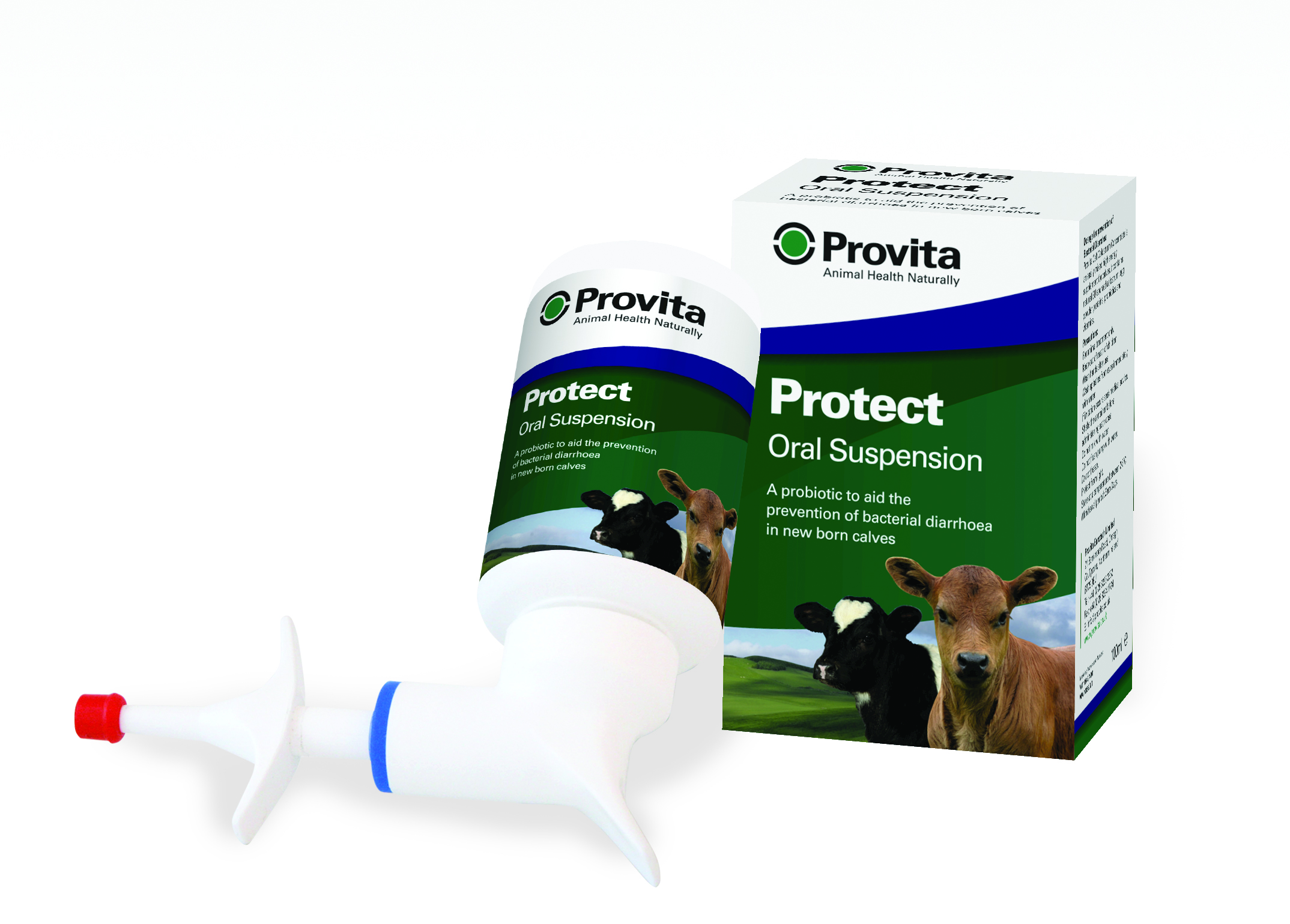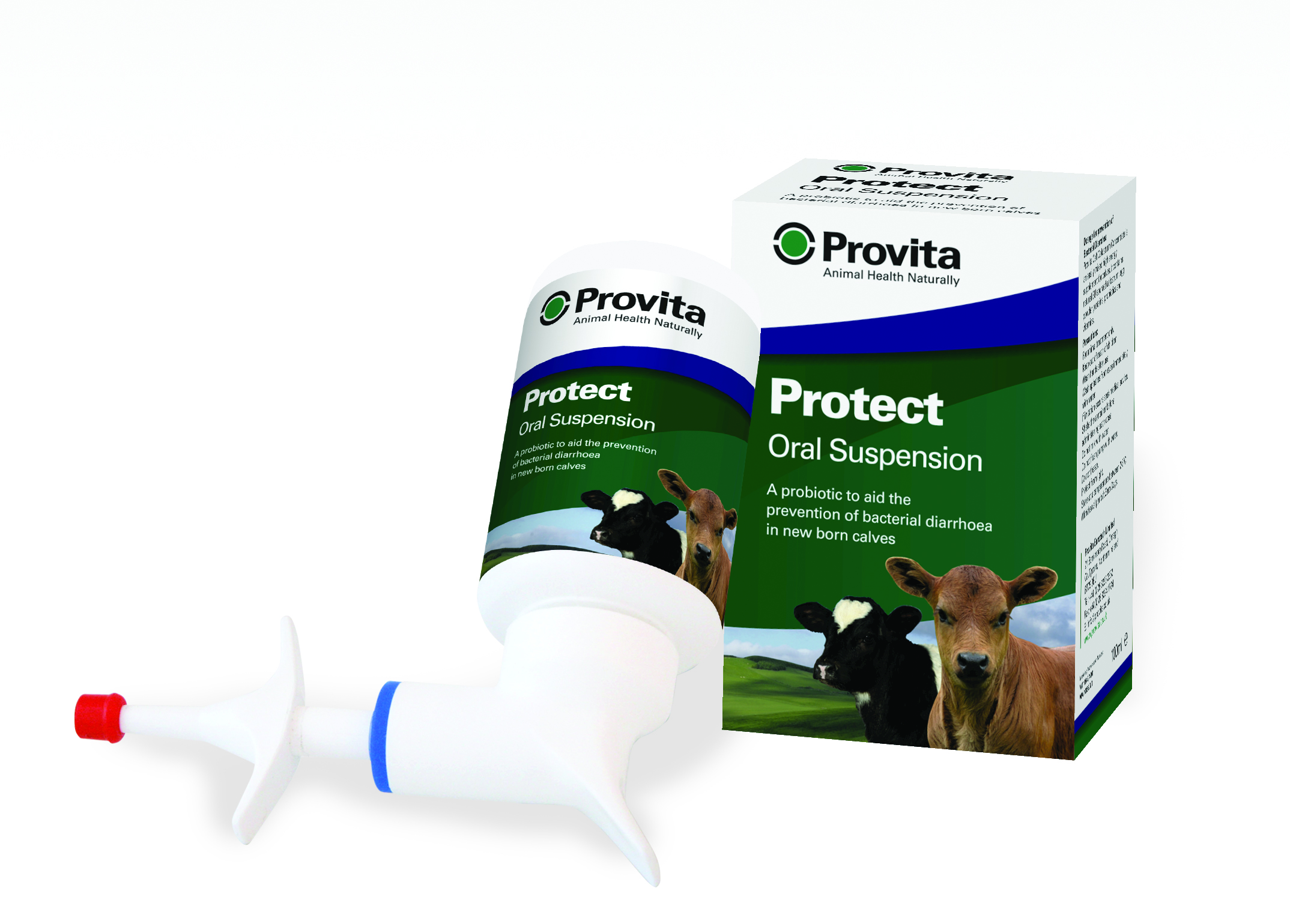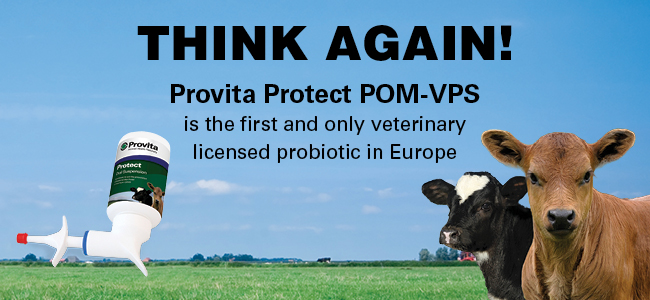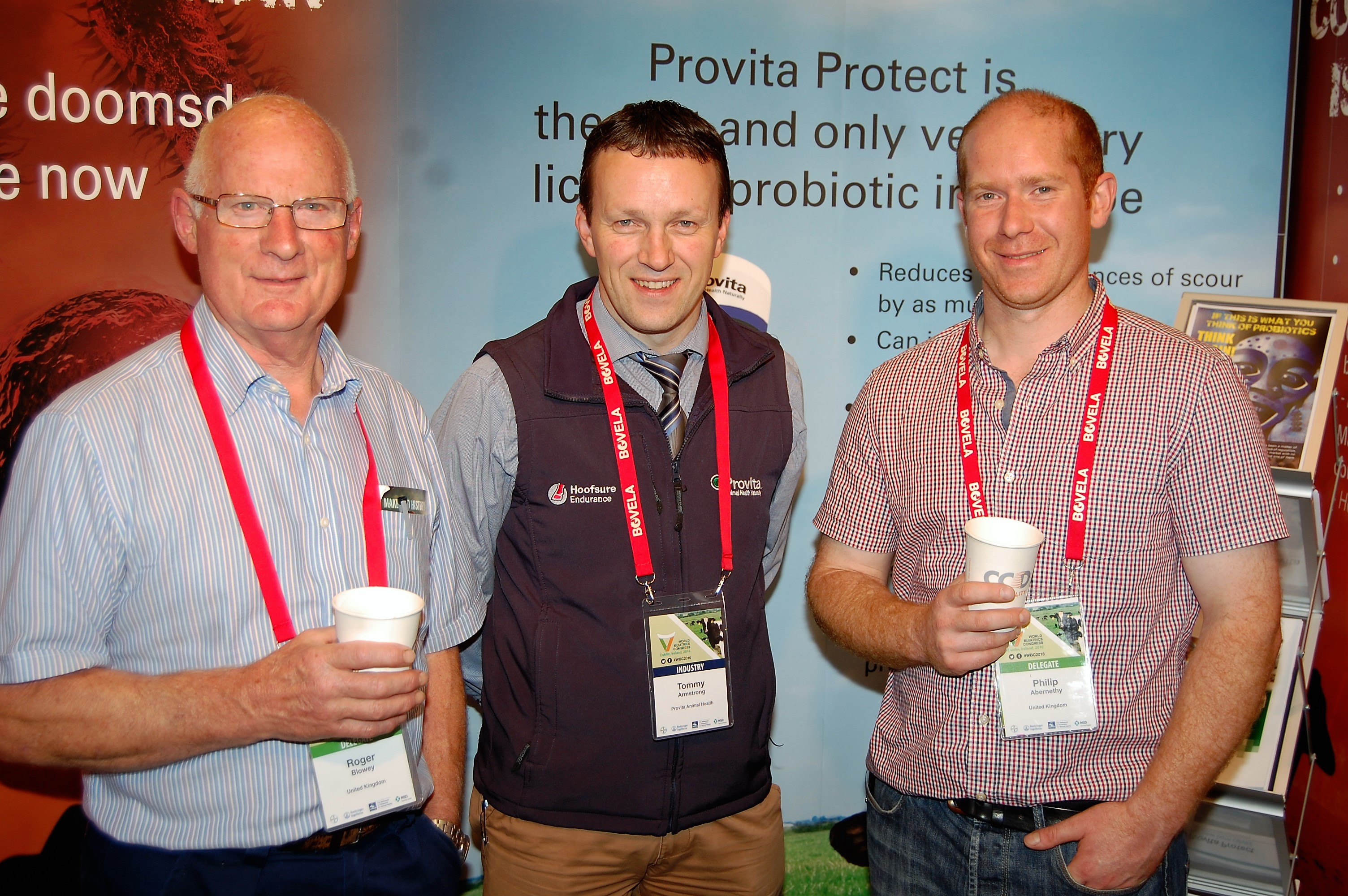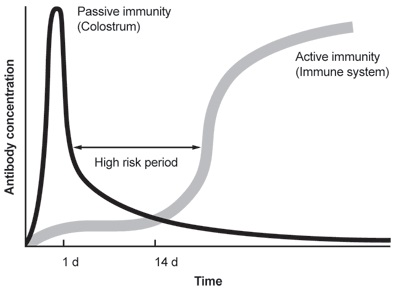Hannah Shaw, Club Secretary of Spa YFC was recently selected for a YFCU Exchange in Norway. Provita sponsored her t-shirts for the trip.
Hannah has bought and reared her own calves for the past four years on the family farm, whose overall work ethic is to ensure that their animals are as healthy and thriving as well as possible. Part of the farm’s animal health programme is to use Provita Protect for newly born or bought-in calves. Provita Protect is the only medicinally licensed probiotic (POM-VPS) for the prevention of calf scour. Calves fed milk replacer also get Provita WD Ruminant feed additive to boost the rumen development to further prevent any upsets and use the milk nutrients efficiently to help thrift. Hannah and the Shaw family use Provita Promist to fog sheds when cattle groups are housed over the autumn period. The results were very noticeable in 2017 when mixing various batches of cattle in the same air space as no groups developed acute coughs or any respiratory distress upon housing. The respiratory health in bought-in calves has been greatly improved with use of Provita Promist and they will continue to use it as best practice during 2018. The Shaw family have recently started using Provita Combat hoof and wound spray after they dehorn calves. This protects the wound from infection, helps it to heal quickly and seals it nicely to stop any bleeds when calves accidentally hit that area.

